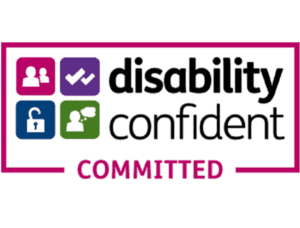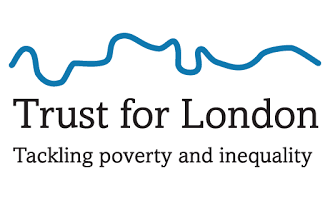Hello Everyone – Carers being recognised
I hope you all had a wonderful carers week and you managed to visit the Festival of Communities as it was busy, fun and people got together to see what is available to all of Tower Hamlets communities.
Next week we have The Carers Forum on Wednesday 22nd June 11am to 1pm and we are having someone from the Council to discuss how we progress in developing a carers passport/recognised ID badge. Some of you will know we have been discussing and campaigning for many years for something like this. So if you want to know more, feedback and have your say then come to the Carers Forum next week.
Unless we say what we want, we will not get what want…

The Gang from last weeks Carers Week Events
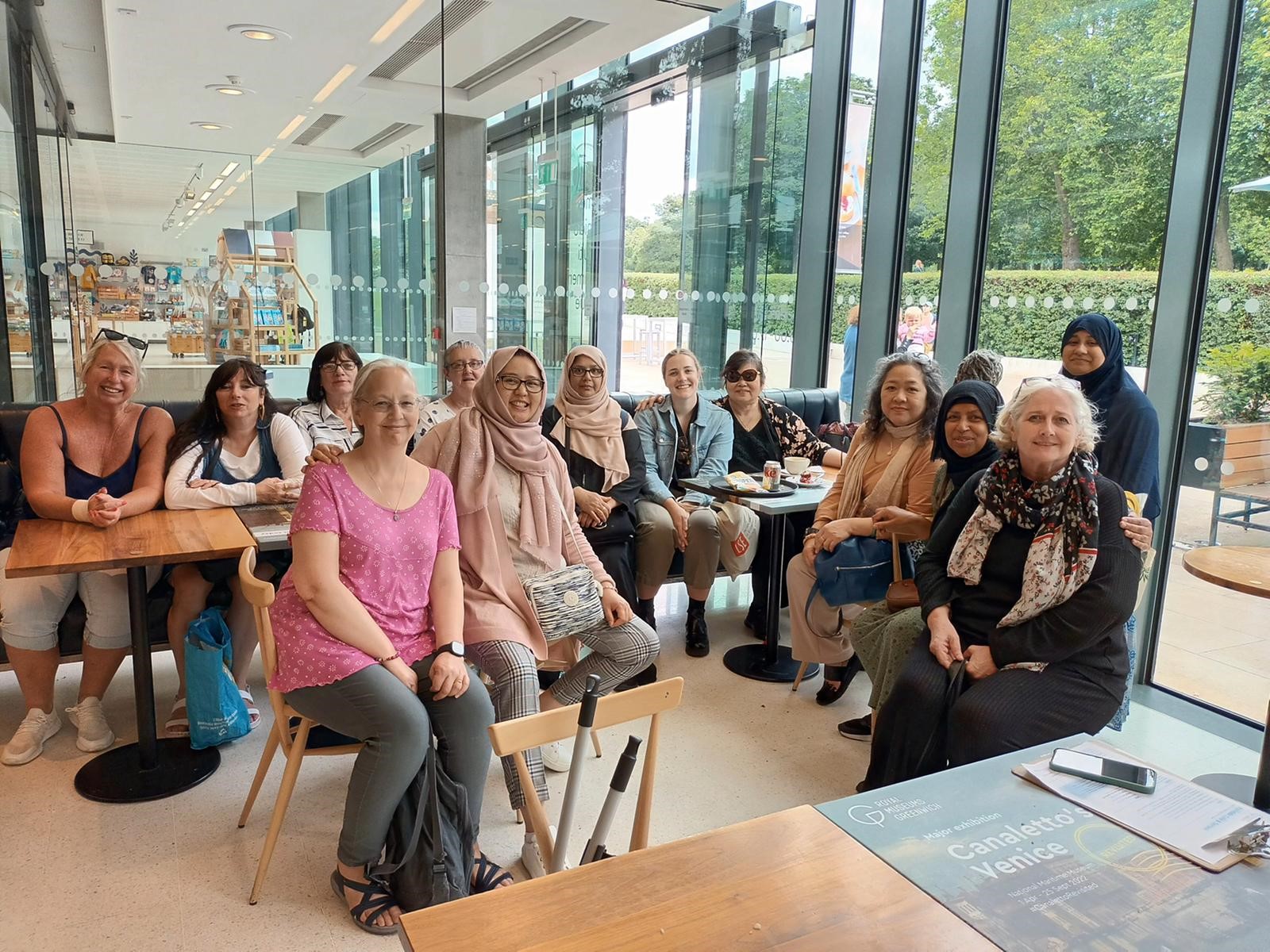
As part of our advice and highlighting personal safety, a wonderful carer sent this information that might be helpful
The Live Location feature allows you to share your real-time location for a specific amount of time with the participants of an individual or group chat. You can control whether and how long to share your live location. You can also stop sharing your live location at any time.
Click this link to find out more https://faq.whatsapp.com/2720859504657846/?locale=en_US
 And
And 
We are teaming up for another amazing partnership – This time we have a six week workshop on Drama and the spoken word
So from Thursday 16th June 11am to 1pm, carers can come and join a drama group, learn some spoken word play and have some fun. You will be able to bring your cared for and have a family and friend adventure. Email tony@ccth.org.uk or audrey@ccth.org.uk to reserve your place.
Wellbeing benefits to carers:
- Providing the Opportunity to Learn New Skills – Drama opens the door to developing and discovering skills and talents that carers are not aware that they have or could enjoy. It can evoke passion in some people to learn and develop each new skill they learn.
- Improves Social Skills – In group sessions, people work closely with each other in different activities. This requires everyone to be vocal with each other and participate as a team. This can drastically improve an individual’s social and communication skills. Drama has also been proven to help decrease symptoms of social anxiety.
This Weeks Activities …

Check out the https://ccth.org.uk/new/calendar/
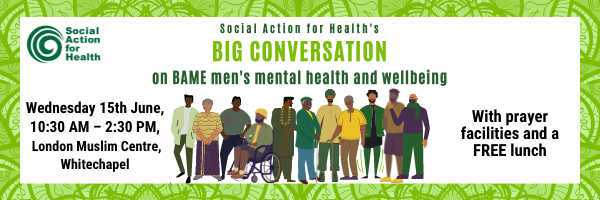
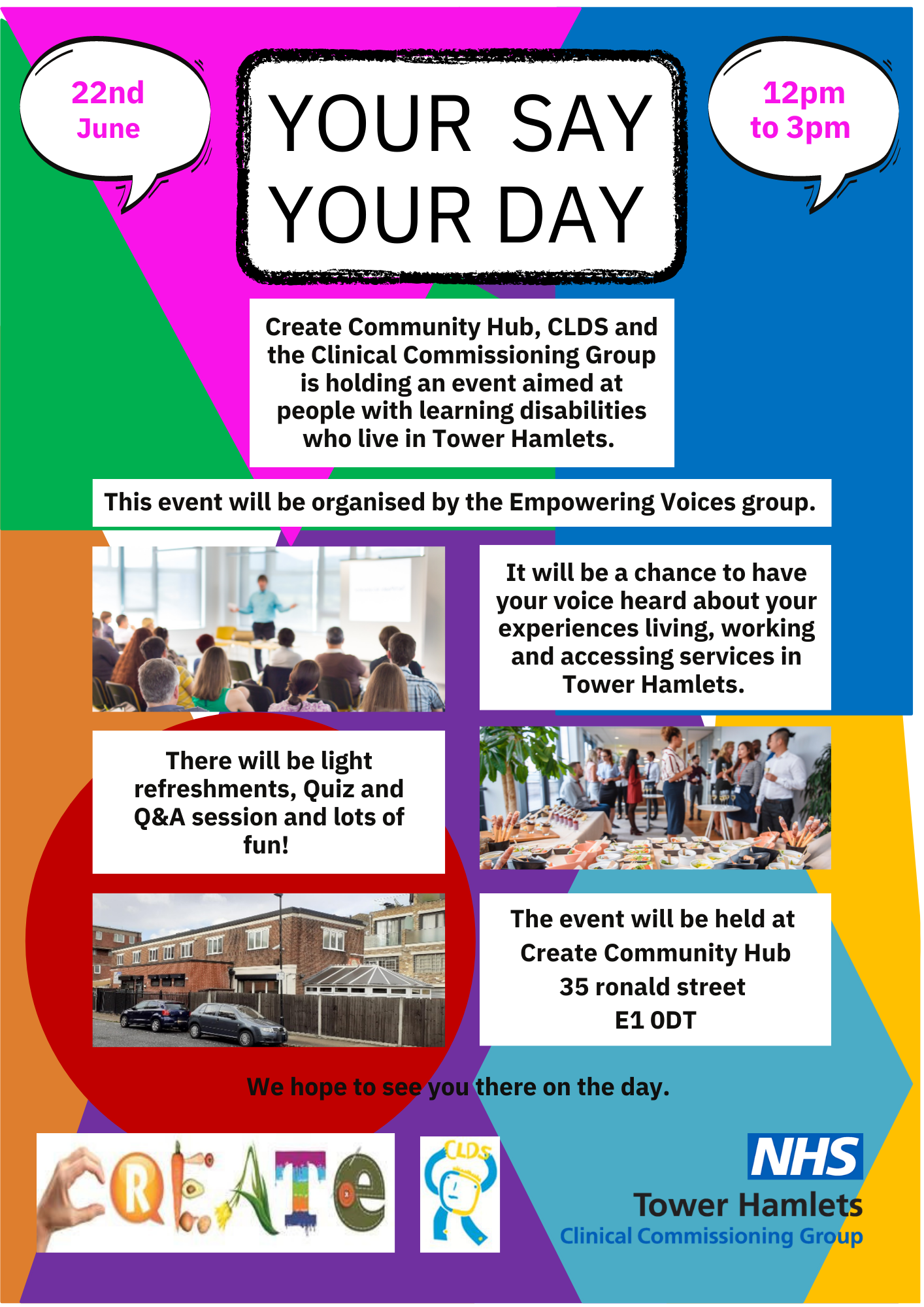


Why do you need a Lasting Power of Attorney?
Does the person you look after making their own decisions but want help managing their money? Maybe they can make their own decisions now but want an arrangement in case they can’t in the future. Without a Lasting Power of Attorney (LPA) your family may need to go to Court. This can cause lots of hassle, delay, and expense.
There are 2 types of Lasting Power of Attorney; finances & property matters and decisions about health and care.
Why should you do it now?
- 1 in 3 of us will suffer dementia
- Many of us will retain mental capacity, but will physically struggle to manage our affairs at some point in our life
- Being married or asking your chosen person to act for you is not enough – you need to legally give them the power to help you
- If you leave making your Power of Attorney until you need it, it will be too late.
Carers Centre Partners
The Carers Centre Tower Hamlets is pleased to work in partnership with respected Law firms to provide carers with affordable support with LPA.
Jones Whyte are a Glasgow based multi award winning Solicitor firm and the reigning Law Firm of the Year 2021
- They prepare thousands of Powers of Attorney every year
- Have partnerships with many major national charities
- They offer competitive Power of Attorney fees £349 + vat
Carers Centre staff can refer you, or you can contact them yourself on 0330 175 1234 or email appointments@joneswhyte.co.uk
You can find our more about Jones Whyte here Power of Attorney – Solicitors Glasgow | Jones Whyte Law
Duncan Lewis Solicitors – “We believe in access to justice for the most vulnerable in society and do everything we can to ensure legal advice and support is available for those who need it most”.
Duncan Lewis Solicitors are a national firm with offices locally.
- They prepare thousands of Powers of Attorney every year
- They are available for face-to-face appointments at their local office (1 Kingsland High Street, Dalston, Hackney, London, E8 2JS) or surgeries at the Carers Centre if requested
- They offer competitive Power of Attorney fees £350 + vat
Carers Centre staff can refer you, contact us on 0207 790 1765 or at enquiries@ccth.org.uk
You can find out more about Duncan Lewis here https://www.duncanlewis.co.uk
Most solicitor firms support with LPA and carers are under no obligation to use either firm listed above and are free to seek support from any firm they choose.
What is I do not want to pay for support with LPA?
We also provide workshops and information for those who want to set up an LPA themselves, many people set up LPA without legal support. You can check our Calendar or give us a call for updates on our latest workshops.
You can also see the information links below for information.
Different ways to manage someone’s affairs
Call us on 0207 790 1765 or email enquiries@ccth.org.uk to find out more about LPA.

Check out a new free course that has just been launched that focuses on carer wellbeing. It is called ‘Physical activity for health and wellbeing in the caring role’ and has been kindly endorsed by the Carers Trust. The course is 6 hours in length and learners can achieve a ‘badge’ on completion of the end quiz, and this can be added on a CV to evidence their learning/continuous professional development. We hope that it will be helpful to those working with carers, including carer centre staff, those supporting carers less formally and importantly carers themselves!
A carers guide to home fire safety
A new video resource has been launched on the London Fire Brigade website to help carers learn how to keep people that receive care safe from fire.
Sadly, around one third of those here who die or are severely injured by fire are in receipt of some form of care or support. If you are a formal (domiciliary care worker, support worker or clinician) or informal carer (family member, friend or neighbour) and are caring for someone in their own home, this new resource will help you identify fire risks and show you what you can do to reduce them. There is also more information available on the website around fire safety and prevention.
Watch the video >

ELOP’s LGBT+ Groups
Join our fun, friendly and non-judgemental safe space to meet new people and discuss LGBT+ topics!
LGBT+ Over 50 Social Group
Every Monday 1.00 – 2.30pm, online
LGBT+ Social Support Group
Every Tuesday 7.00 – 8.30pm, online
Stonewall – https://www.stonewall.org.uk/
LONDON Friend – https://londonfriend.org.uk/
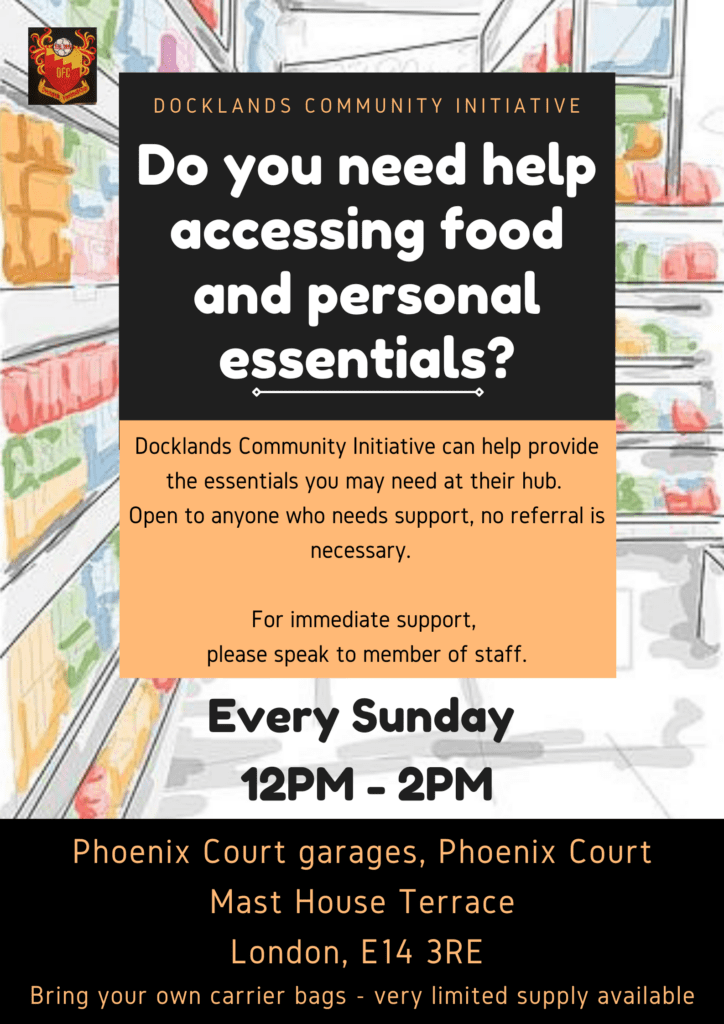
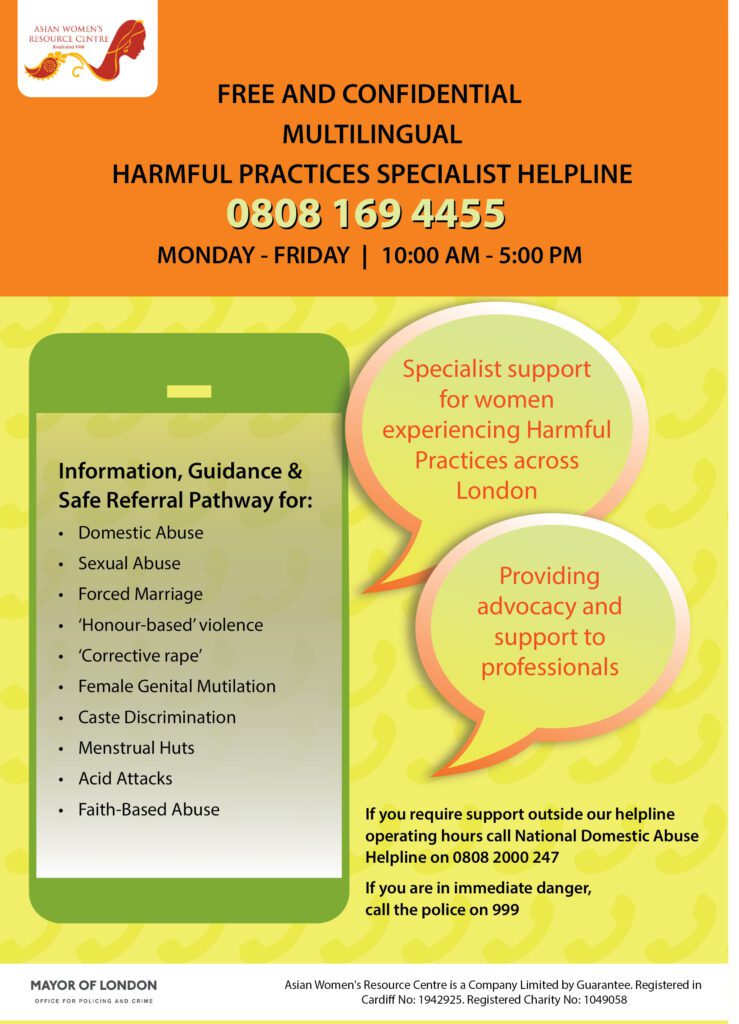
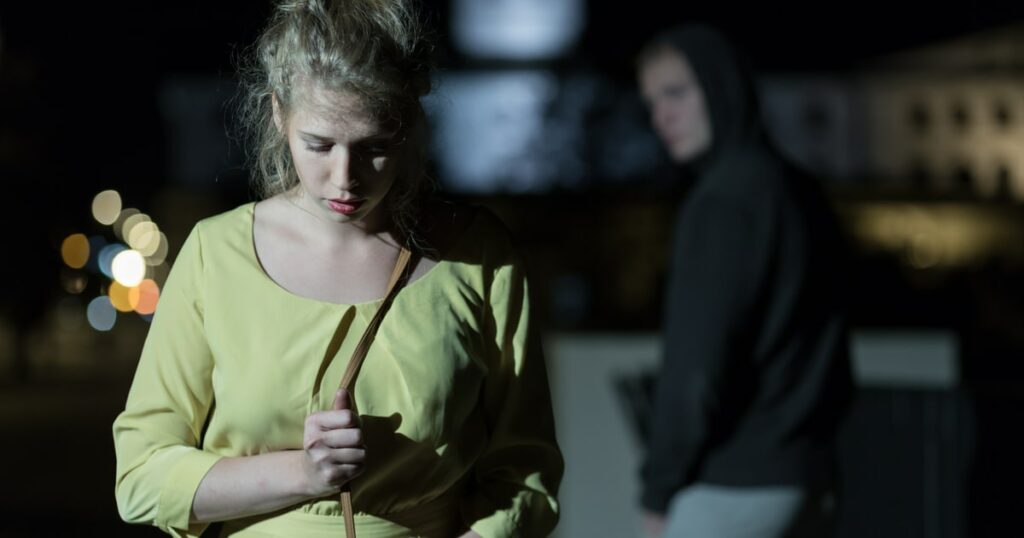
WALKING ALONE? REMEMBER THESE 10 TIPS
1) Plan Your Route
Make sure you plan your route ahead of time. If you are walking in an area you are not familiar with, this can help keep you from getting lost. You will be able to walk with confidence. If you do get lost, don’t wander aimlessly, find a gas station, supermarket, or fast-food restaurant where you can ask for directions.
2) Make Sure Someone Else Knows Your Plans
Don’t go out when it is dark without telling someone, even if you are just taking the dogs out for a walk around your neighbourhood or walking home from a friend’s house nearby. It may seem paranoid, but in fact, knowing someone knows where you are can be reassuring and help you feel safe. If you fall and hurt yourself or run into trouble, and someone knows where you are, they can send help if you don’t arrive at your destination on time.
3) Always Carry Your Phone with You
Always carry your phone, but not for music or to make social calls as your walk. Your phone can be a lifeline if you see something suspicious or worse if something happens to you. Download a safety app on your phone, so you’ll be able to discreetly alert the authorities if you feel threatened or see something suspicious.
4) Avoid Suspicious People and Areas
Areas that are dark, deserted, or out-of-the-way, such as an alley or a parking lot, can be riskier than a well-lit area full of people. Stick to busy, lighted paths, to minimize the risks. Also, walk mainly in familiar places where you are known. That way, if you feel like a suspicious person is following you, you can always duck into a store you know or knock on a neighbour’s door. Avoid empty streets and pathways with thick shrubbery.
5) Keep Your Hands Free
Except for a flashlight and one of the items discussed below, keep your hands free. If you are carrying anything, put it all in one bag or backpack. This will make it easier for you to react if you notice someone following you. In a dangerous situation, carrying too many bags can keep you from moving as quickly as you can if your hands are free or if you only have one bag.
6) Carry a Non-Violent Deterrent
In addition to a flashlight, carry a non-violent deterrent such as a whistle, mace, or pepper spray. A whistle will help you alert others and call them to aid you if something is wrong. The loud noise may put off attackers, and they’ll move on to find someone else. Mace or pepper spray can give you enough time to evade a potential attacker, and in a pinch, a flashlight can be used as a weapon. Make sure you know how to use the mace or pepper spray to get its full effect.
7) Wear Reflective Clothing to Prevent Accidents
When it comes to personal safety, it’s not just about suspicious people. Areas with low visibility can be prone to accidents. Reflective clothing allows bikers and cars to see you as you walk along. A flashlight or headlight can also help drivers see you if there are dark stretches of road on your route.
8) Take a Self-Defence Class
When fighting off something as an assault, the element of surprise can work in your favour. If you regularly walk alone, take a self-defence class. You don’t have to become a black belt. In fact, it’s probably better to learn something like Krav Maga, which has been popular for self-defence. The idea is to disable your attacker enough for you to get to safety, and a class focused on self-defence will help give you those survival skills.
9) Remove Any Distractions
Keep your phone in your hand in case you need to hit the panic button on your safety app, but don’t let it distract you. When walking alone at night for exercise, music can be motivating and energizing but also distracting. You may not hear someone driving or walking up behind you. Avoid wearing headphones or talking on your phone as you walk.
10) Trust Your Gut
When walking alone at night, trust your gut. If you feel like an area or situation may be dangerous, don’t wait around to find out. Stop and scan your surroundings if you think someone is following you. If you are being followed, walk as quickly as you can to a well-lit public place. You can wait until you feel safe, or call a friend, a taxi, or an Uber to help you get safely get home at night.
Following these personal safety tips will help keep you stay safe when walking alone. Always be aware of where you are and alert to suspicious activity.

Important Numbers:
Domestic Violence Duty Line: 020 7364 4986 between 9am – 5pm.Victim Support: 020 7364 2448/7957
Just wishing everyone a peaceful, safe and week and remember if you need information and advice from the Carers Centre just email enquiries@ccth.org.uk
Tony Collins-Moore
Carers Wellbeing Academy Manager

Opening hours
Monday - Friday – 9.30am – 5pm
Saturday and Sunday – Closed
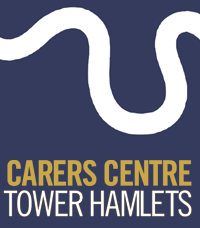


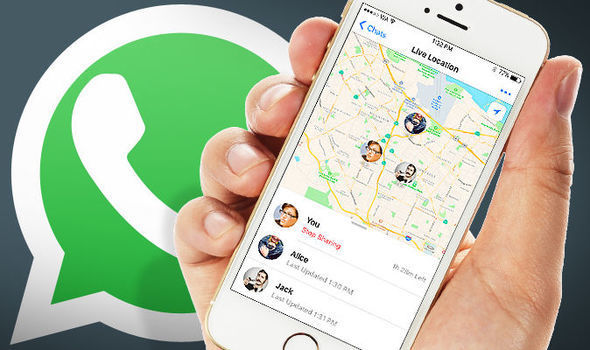
 And
And 






